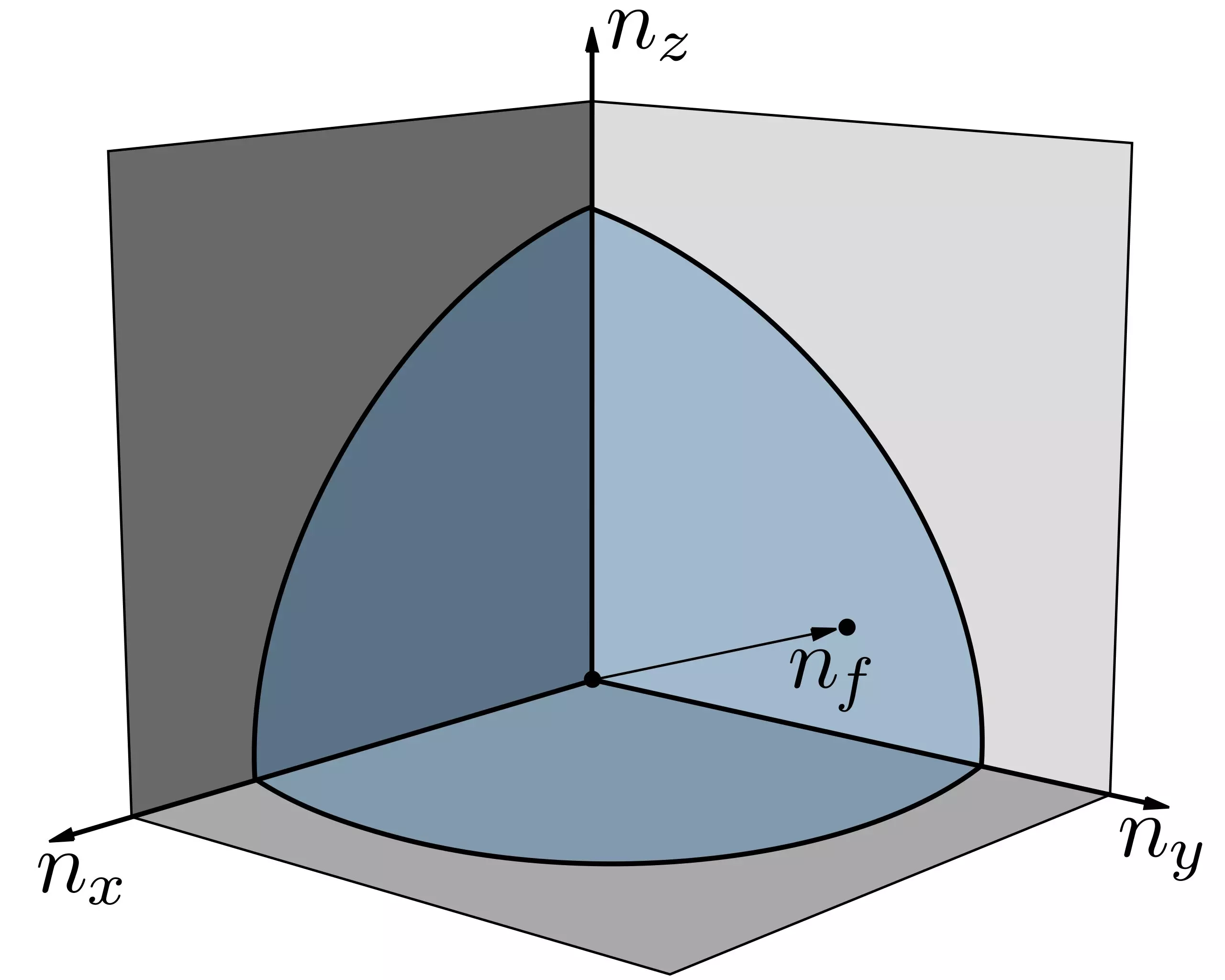In 1960, Joaquin Luttinger proposed a universal statement that connects the behavior of quantum matter under low-energy excitations to the total number of particles it can accommodate. While Luttinger’s theorem holds true in most cases, recent research has revealed specific instances where it fails in strongly correlated phases of matter. At the same time, efforts have been made to classify and characterize correlated insulating states of matter, leading to the discovery of topological insulators that can be labeled by a single integer called the Ishikawa-Matsuyama invariant. However, researchers have recently found exotic models of correlated insulators that do not fit this classification, requiring corrections to the invariant.
In a recent study published in Physical Review Letters, Lucila Peralta Gavensky and Nathan Goldman from ULB, together with Subir Sachdev from Harvard, reveal a fundamental link between Luttinger’s theorem and the classification of insulating states of matter. The authors demonstrate that the Ishikawa-Matsuyama invariant fully characterizes correlated insulators when Luttinger’s theorem holds true. However, when Luttinger’s theorem is violated, the topological invariant becomes insufficient to label the correlated phases accurately. The authors provide explicit expressions for the required corrections in terms of relevant physical quantities.
The connection between Luttinger’s theorem and the topological classification of quantum matter sheds light on the emergence of exotic phenomena in strongly correlated systems. It highlights the importance of understanding the conditions under which Luttinger’s theorem fails and the implications it has for the behavior of quantum matter. By recognizing the limitations of the Ishikawa-Matsuyama invariant in certain cases, researchers can develop more comprehensive classifications that accurately capture the properties of correlated insulating states.
Implications for Condensed Matter Physics
The failure of Luttinger’s theorem in specific instances of strongly correlated phases of matter poses significant challenges and opportunities for condensed matter physicists. Understanding the underlying mechanisms that cause this failure can lead to the discovery of new physics and phenomena. Researchers can now investigate the corrections to the Ishikawa-Matsuyama invariant and explore their implications for the behavior of correlated insulators. This knowledge can pave the way for the development of new theoretical models and experimental techniques to better understand and control quantum matter.
The connection between Luttinger’s theorem and the classification of insulating states opens up exciting avenues for future research. Physicists can now explore the relationship between Luttinger’s theorem and other topological invariants to uncover further insights into the behavior of strongly correlated quantum matter. Additionally, researchers can investigate the effects of these corrections on the transport properties of correlated insulators and determine how they impact the overall behavior of the system. This ongoing research will contribute to a deeper understanding of the fundamental nature of quantum matter and the emergence of exotic phenomena.
The link between Luttinger’s theorem and the classification of correlated insulating states of matter provides valuable insights into the behavior of quantum matter in the presence of strong interactions. It highlights the limitations of existing classifications and calls for the development of more comprehensive frameworks that consider the effects of violations to Luttinger’s theorem. This research opens up new avenues for exploration in condensed matter physics and has the potential to uncover exciting new phenomena in strongly correlated systems.



Leave a Reply